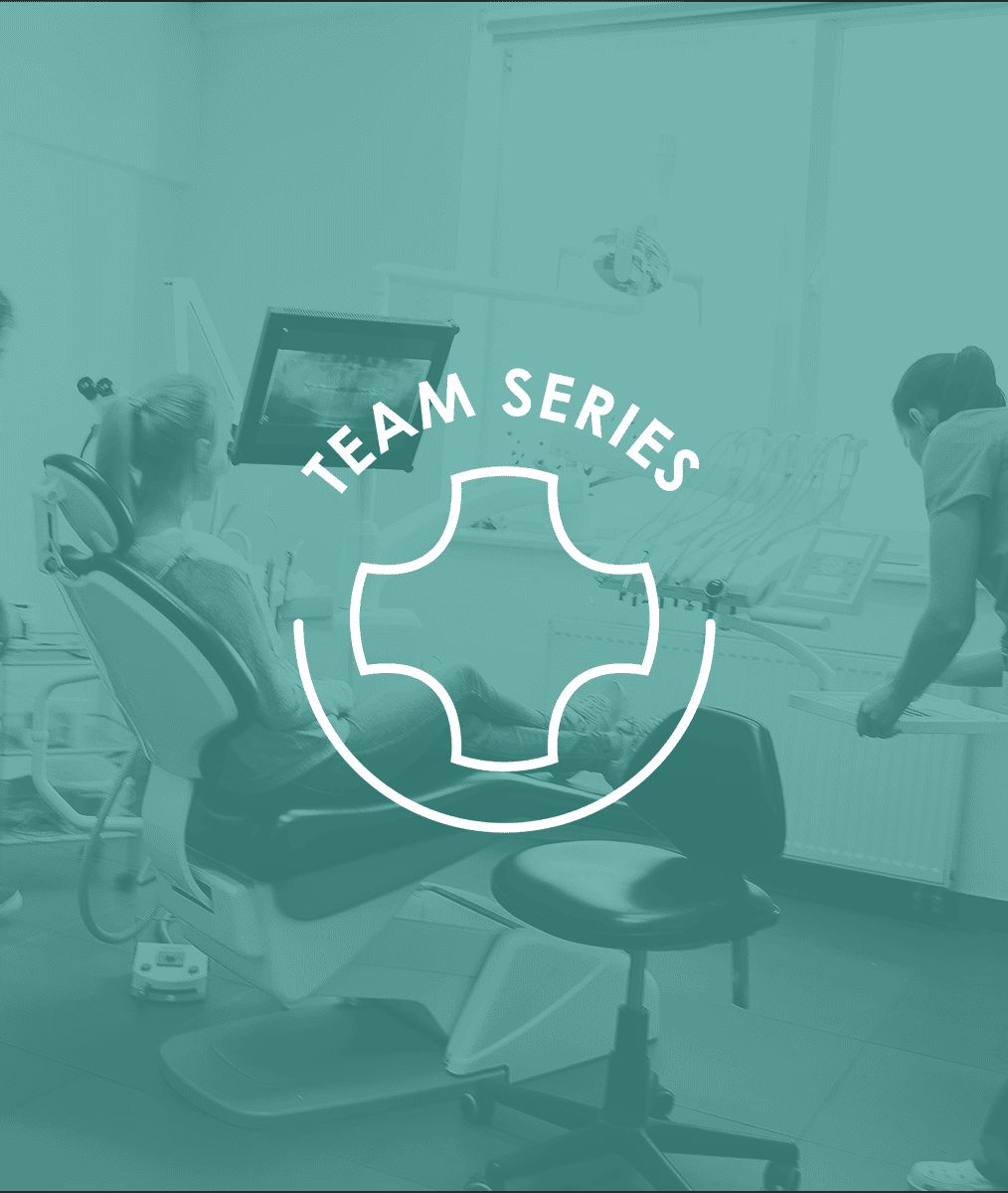
What Type of Patient Relationship Distinguishes a Health-Centered Dental Practice?
I think all dentists would agree that mutually beneficial and enjoyable relationships with patients are key to a dental practice’s long-term success. But what does that “relationship” look like in a health-centered practice?
To some, a good relationship represents two people who get along and perhaps enjoy being in each other’s company. But I would argue this is not enough to build a successful health-centered dental practice. Getting along and even enjoying the presence of another person alone doesn’t go deep enough. It only addresses good rapport, and good rapport is only the starting point of a truly helping relationship. We need more to help patients achieve optimal oral health.
The More We Need
We need shared values, shared understanding, and shared goals. And to a large degree, we also need a shared vision of a preferred future so that all the goals are oriented in a specific mutually agreed upon direction. That vision must largely originate from the patient because it is their water to carry, and not ours. We can facilitate the development of the patient’s vision, but we cannot realize it for them.
This type of relationship is often called “patient-centered” or “client-centered.” And it is only possible through mutual trust — and a lot of it at that. We must have enough trust present within the relationship to allow for open and transparent communication to occur. This type of communication is much deeper.
The Deeper Communication We Need
Communication that is deeper includes discussions around:
- concerns,
- personal challenges,
- barriers,
- fear,
- short-term agendas, and
- longer-term goals.
When a patient trusts us, they are essentially allowing themselves to be vulnerable to our actions, which could, if something went wrong, harm them physically, emotionally, and/or financially.
A first sign of trust is the willingness to have these types of discussions.
Some patients will trust us quickly because we have big capital letters after our name, but this de facto trust is becoming rare. We must EARN our patient’s trust through the quality of the relationships we build, our attitude, our philosophy, and our actions that lead to deep communication and development of shared understanding and goals.
I would argue that meaningful conversations around important issues are what distinguishes a “health-centered” or “patient-centered” dental practice from one that is an attractive and pleasant place where dental services are provided in exchange for money. A key metric to monitor in each patient record is whether the deeper discussions are taking place. A key objective is to schedule time to gently have those discussions.
Related Course
The Pankey Administrative Team: Inspiring Front Office Excellence
DATE: February 6 2025 @ 8:00 am - February 7 2025 @ 2:00 pmLocation: The Pankey Institute
CE HOURS: 16
Regular Tuition: $ 2150
Single Occupancy Room with Ensuite Bath (Per Night): $ 345
The Pankey Administrative Team: Inspiring front office excellence Front office systems for a Pankey-trained dentist hold very specific differences compared to a typical dental office. Learning how to differentiate your…
Learn More>






